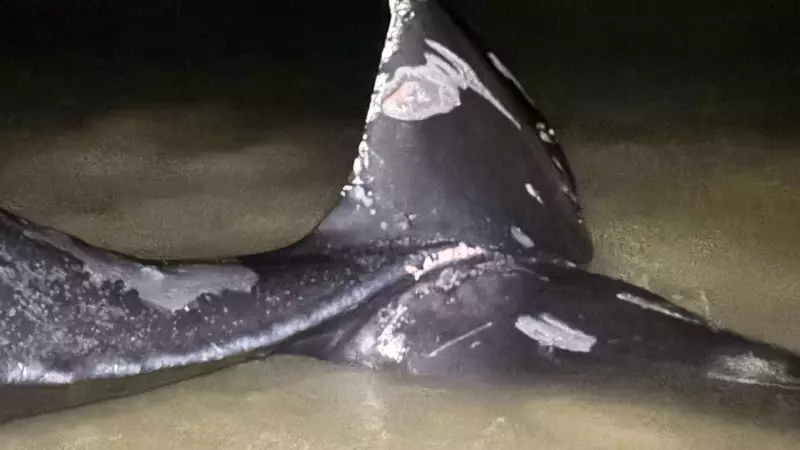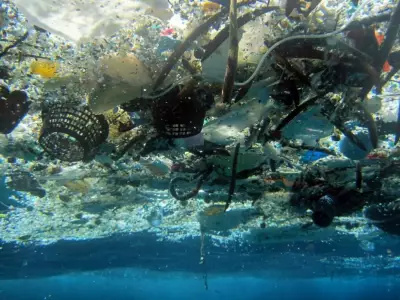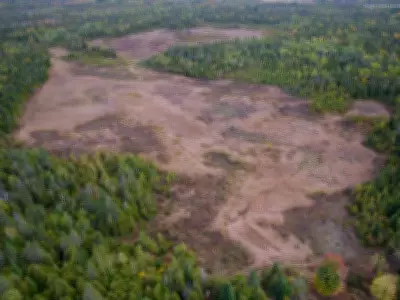
The marine conservation community across British Columbia is mourning the devastating loss of Wisp, a beloved humpback whale whose life was tragically cut short by a vessel strike near Vancouver Island. This heartbreaking incident has ignited urgent calls for enhanced marine protection measures throughout BC's coastal waters.
A Life Cut Short: The Tragic Fate of Wisp
Wisp, a humpback whale well-known to researchers and whale watching enthusiasts, was discovered deceased off northeastern Vancouver Island. Preliminary necropsy results confirmed what marine experts feared - the magnificent creature suffered fatal injuries consistent with a collision with a vessel.
This isn't an isolated incident, but rather part of a disturbing pattern threatening marine mammals throughout the region. Jackie Hildering of the Marine Education and Research Society emphasized the preventable nature of these tragedies, stating that vessel strikes represent one of the most significant human-caused threats to whales in BC waters.
The Growing Threat to Marine Giants
British Columbia's coastal waters have witnessed a remarkable recovery in humpback whale populations in recent decades, but this success story now faces new challenges. As whale numbers increase and human marine activity intensifies, the risk of deadly encounters grows exponentially.
Researchers have documented several humpback whale fatalities from vessel strikes in recent years, with Wisp representing the fourth confirmed case in the region. The actual number is likely higher, as many strikes go unreported or undetected.
Protective Measures: What Needs to Change
Marine advocates are pushing for comprehensive solutions to prevent future tragedies:
- Enhanced vessel speed restrictions in known whale habitats
- Improved reporting systems for whale sightings
- Mandatory education for commercial and recreational boaters
- Increased monitoring and research funding
- Expanded protected zones during critical feeding seasons
A Community in Mourning
The loss of Wisp has resonated deeply throughout the marine conservation community and beyond. This particular humpback was easily identifiable by researchers and had been documented returning to the same feeding grounds year after year, making her death particularly poignant for those who had followed her journey.
Every whale lost to preventable causes represents not just a personal tragedy but an ecological setback, explains Hildering. The emotional impact extends beyond the scientific community to include coastal residents, tourism operators, and all who value BC's rich marine biodiversity.
The Path Forward: Coexistence and Conservation
While the death of Wisp is undeniably tragic, marine advocates hope it will serve as a catalyst for meaningful change. The solutions exist - what's needed is the collective will to implement them effectively.
Simple measures like reducing speed in whale areas, maintaining proper lookout, and reporting sightings can significantly reduce collision risks. Technological solutions including thermal imaging and acoustic monitoring offer additional protection tools.
The ultimate goal remains clear: creating marine environments where both whales and human activities can thrive safely. The memory of Wisp now fuels renewed determination to make BC's waters safer for all marine life.





